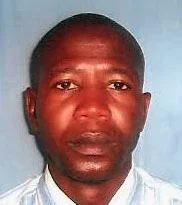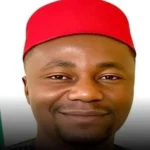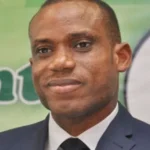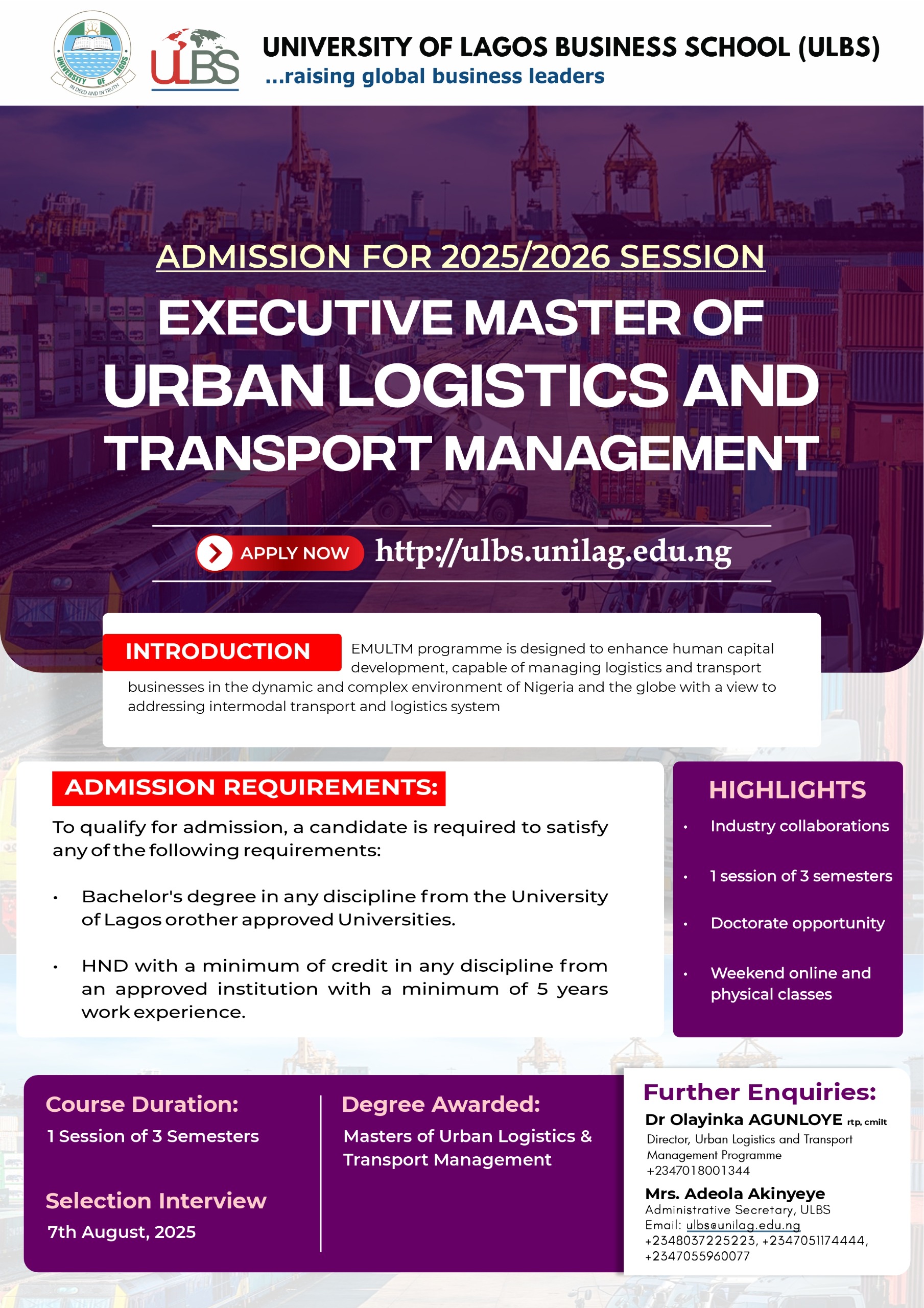Afolabi Gambari
Almost immediately after President Bola Tinubu mounted the saddle on May 29 last year, the majority of Nigerians had started to feel the pangs of his administration, no thanks to the astronomical increase in the pump price of petrol. They had yet to settle down to the savage blow when another increase was announced. The deprivation that followed from June through July, August and September was unprecedented as the ordinary Nigerians wondered what befell them. But all that the officials of the Tinubu administration ever said was that the challenges had been long in coming as a result of purposeless leadership. Wherever opportunity availed the officials to clarify when the deprivation would subside, they either shied away or took to deflection by launching attacks on critics who sought alternative views of looking at the challenges to proffer practical solutions to them.
By October 1 as Nigeria marked her 63rd independence anniversary, the First Lady, Senator Oluremi Tinubu, weighed in like a mother. But although she admitted to being aware of the despondency in the country, she did still slam a caution on Nigerians, saying Mr President was not a magician to solve all the challenges bedevilling the country overnight.
“My husband is going to work brick by brick and I believe and hope that you will have faith in this administration. The best is yet to come for us,” she told her audience at the State House.
By October 10 this year when Mrs. Tinubu visited the Obafemi Awolowo University, Ile Ife, she updated herself thus: “We are just 18 months into our administration; we are not the cause of the current situation; we are trying to fix it and secure the future. With God on our side, in the next two years, Nigeria will be greater than this.”
The “next two years” mentioned by the First Lady would seem an eternity to millions of ordinary Nigerians who have endured the horrible situation since May last year. But they would have no choice but to endure more and then see what happens afterwards.
Only the World Bank, October 14, said it would take 15 years for Nigeria’s economy to bounce back. Senior Vice President, of World Bank Group, Indermit Gill, who spoke at the 30th Nigerian Economic Summit Group (NESG #30) in Abuja, said: “Nigeria will need to stay the course for at least another 10 to 15 years to transform its economy. If it does that, it will transform its economy and it will become an engine of growth in sub-Saharan Africa, helping to transform the region. It is very difficult to do these things, but the rewards are massive.”
Gill neither reckoned all the “we have heard you loud and clear” and “our reforms will bring good tidings” assurance by President Tinubu. Nor did he reckon the First Lady’s “two years” plea. Nor did he also contemplate if there would still be Nigeria as a country in 15 years at the rate things have become since May last year. Suffices that it pleased him so well that the World Bank regained full control of Nigeria in broad daylight.
Perhaps, it served Gill right that his remarks did not escape savage attacks by a good number of Nigerians, hours after his Abuja Declaration.
The Country Director of ActionAid Nigeria, Andrew Mamedu, in a statement he signed on October 15, said Gill’s submission on Nigeria’s socio-economic reform is contradictory and deadly.
“Gill’s comment urging the Nigerian government to sustain its current economic reforms for the next 10-15 years with no clear plans on how it will cater for the people is misguided and insulting to the millions of Nigerians living through unprecedented economic hardship,” he said.
Turning away from the World Bank’s chief, Mamedu faced the Tinubu administration squarely: “We demand that the government rethinks its blind allegiance to the World Bank’s economic blueprint and starts prioritising the welfare of its people. The government must reject the idea that growth must come at the expense of human lives and begin to invest meaningfully in local industries, small businesses and sustainable economic models that empower Nigerians rather than enslave them. This call assumes that continuity and persistence in these policies will yield transformative results, but the evidence tells otherwise. While long-term reform is important, the strategies proposed by the World Bank seem disconnected from the immediate socio-economic realities of Nigeria, especially regarding poverty, weak institutional capacity, and structural economic deficiencies.”
Delving into history, Mamedu continued: “The World Bank and IMF have been deeply involved in Nigeria’s economy for decades, pushing policies that have done far more harm than good. The Structural Adjustment Programme introduced in the late 1980s remains one of the most devastating legacies of this relationship as it crippled the nation’s local industries, especially the textile sector, and opened the floodgates for Nigeria to become heavily dependent on imported goods.”
For illumination, the AAN director also said: “Before the SAP, Nigeria’s textile industry was a vibrant hub employing hundreds of thousands of workers. However, with the IMF-driven policies forcing cuts in subsidies, import liberalization and currency devaluation, Nigeria was pushed to shut down its production capacity. The sudden removal of fuel subsidies without robust compensatory mechanisms has further eroded household incomes and other shades of the reforms disproportionately affect Nigeria’s poorest, pushing the country deeper into poverty while global financial institutions and foreign investors reap the benefits of Nigeria’s open economy.”
With a tone of finality, Mamedu said: “It is not only unacceptable but also inhuman to ask Nigerians to endure 15 more years of suffering in the name of reforms that have historically failed us. Millions of Nigerians can barely afford food, fuel or basic services today. Asking them to wait for over a decade for ‘things to get better’ is an affront to their dignity and a reckless gamble with the nation’s future.”
What Mamedu has served here should be enough for the Tinubu administration to gobble and be wise. Well, except it is either too far gone in its cahoots with the World Bank and IMF or has since lost focus or both








